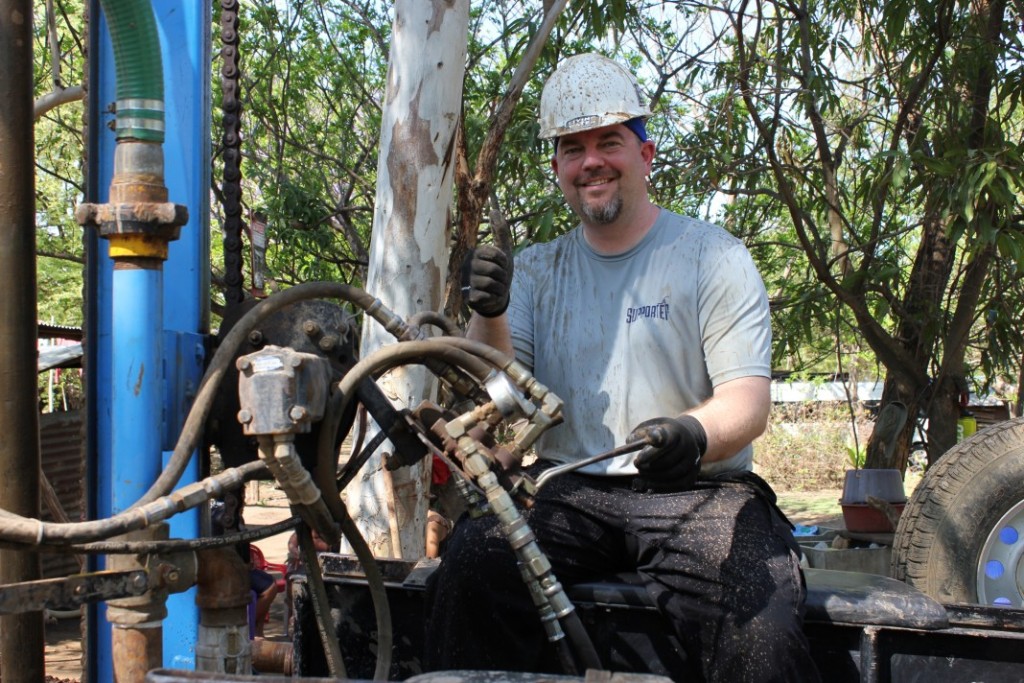Page 57 • (885 results in 0.037 seconds)
-
”. Each Sunday, the instructor would post readings, lectures, and a quiz for the week. Lectures ranged in duration and number, with four to eight lectures a week each between 10-20 minutes in length. Required “reading” for the week usually consisted of articles, videos (several Ted Talks), and book chapters, all thoughtfully provided for free through the course. Weekly online quizzes contained 20 multiple choices questions, written largely at the lowest level of Bloom’s taxonomy. I spent about six
-
employee is able to start on the date the department requests. A departmental request for assistance with filing an H-1B must be made no less than two months prior to start date. The Office of the Provost will cover the costs of filing an H-1B for tenure-track faculty. The period of eligibility in H-1B status is six years, with an extension to be requested after three years of employment in H-1B status. Because H-1B is position-specific, please notify Human Resources in advance of any title or major
-

designed, mapped, and executed by the community.” To date, Dr. Mulder has led six global service projects around clean water, assisting almost 2,000 community members in Honduras and Nicaragua to achieve reliable access to clean water. When it comes to the Innovation Studies Minor program at PLU, social innovation is an integral aspect of the coursework. “I’m excited for Innovation Studies, and I’m excited that this is the lens that students at PLU get to look through because that I think this is
-
courses are offered in six week terms during the summer (late May to mid-August). Classes meet twice a week in the evenings. Certificates are available in: Entrepreneurship & Closely-Held Enterprises Healthcare Management Supply Chain Management Technology & Innovation Management Schedule an AppointmentSpeak to the Program Director for options about taking summer business classes. Phone AppointmentHow to ApplyApplication Timeline Applications are processed through GradCAS, a nationwide centralized
-

vulnerability, feral instincts, and athleticism in a dance choreography. Zoller set the nine minute piece in one week. Dancers spent a total of 15 rehearsal hours together. “Most of the dances I have choreographed in the past were composed over a one to three month period. I would often have time to think about the work, make changes, and let the dancers play a bigger role in movement generation. Knowing I only had a week to work with the six dancers at PLU I arrived with much of the dance planned out
-

.”Clark is also Robert Noyce Teacher Scholarship recipient. Known as the Culturally Sustaining STEM (CS-STEM) Teaching Program at PLU, the scholarship is awarded to students of different backgrounds in their senior and graduate years who want to teach STEM subjects. “There are six of us, two undergrads and four in the graduate program,” says Clark. “We meet once a month to talk about different concepts, from deficit-based mindsets, implicit biases, culturally relevant content, and things like that
-
April 11, 2008 Education students teach internationally In January 2008, nine education students began their student teaching experience in Windhoek, Namibia, and returned to campus in the spring to complete the experience at Tacoma schools. The student teachers worked for six weeks in three Windhoek primary schools, which were some of the poorest in the area. It was the first time PLU offered the study-away experience. Primary schools in Namibian include first through eighth grades, and the
-
enough. One Washington Post story dealt with whether she was showing too much cleavage. Then the B-word came up, quite often. “The level of vitriol has been high for the last year and a half,” she said. It isn’t a new phenomenon. When Geraldine Ferraro ran for vice president on the Democratic ticket in 1984 with Walter Mondale, she was introduced by Tom Brokaw as being a size six. As for Palin – even when one puts aside her gaffes so expertly mocked by Tina Fey – the coverage has been sexist, but
-
December 1, 2008 Students talk trash in recycling class It was all trash talk last month in Claire Todd’s natural resources class. In two rounds of classes last month, Todd, a visiting assistant geosciences professor, had her students sort through a mound of trash laid out on the table in the Rieke Science Center. Generally, the pile represented about six hours of trash that had been collected at the center that day. In this case, Nov. 17 and 19.The students’ mission: sort the trash, talk about
-
helping at the local food bank, knitting blankets as well as being involved in ASB in high school. From age six, she was helping care for her ailing grandmother in the family’s Tacoma home – helping give insulin injections and turning the elderly woman to prevent bedsores. Her mother, Evelyn, a nurse, worked long hours, and when there wasn’t enough food on the table to go around, Kpodo recalled, her mother went without that day so Kpodo and her older sister could eat. When she was 12, not only did
Do you have any feedback for us? If so, feel free to use our Feedback Form.


